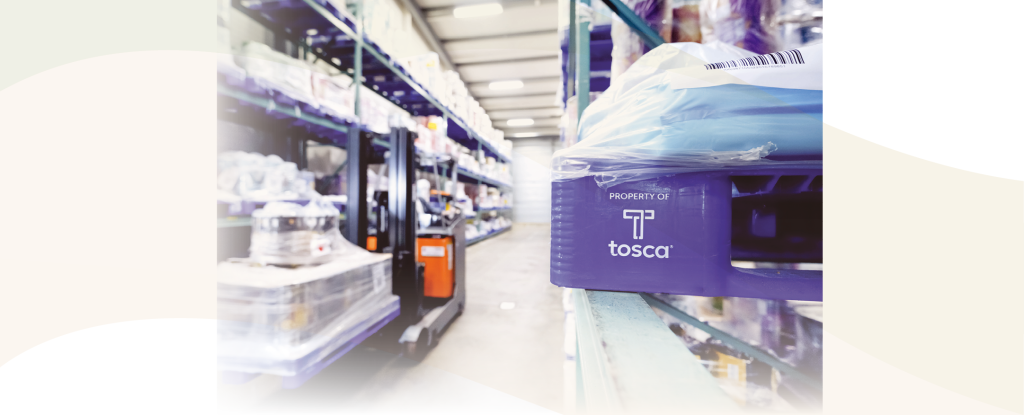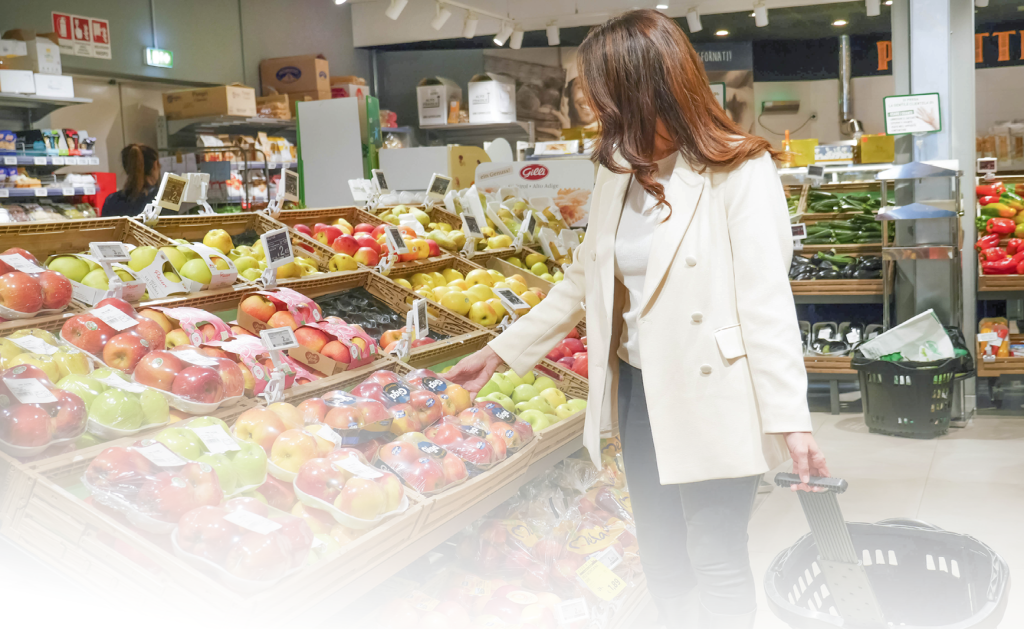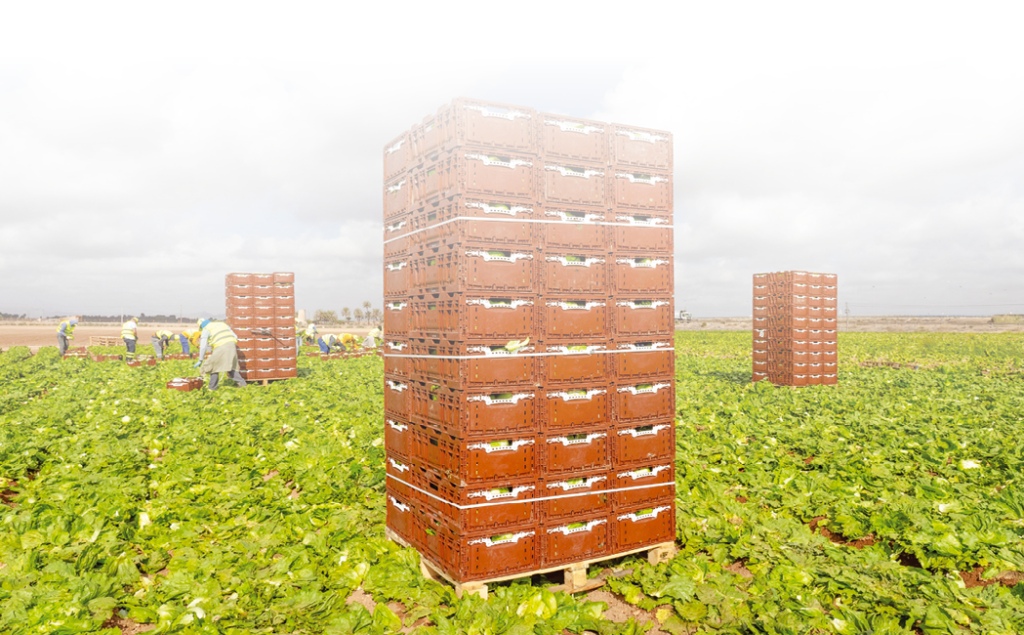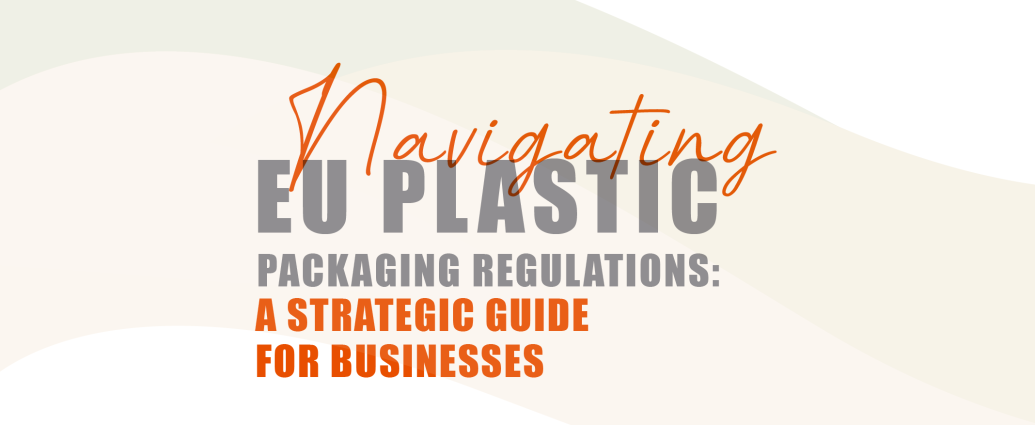The introduction of the new EU Packaging and Packaging Waste Regulation (PPWR), alongside expanding Extended Producer Responsibility (EPR) laws, represents a significant shift in packaging rules within the European Union. These regulations are driven by the EU’s intensified focus on sustainability and the pressing need to address the environmental impact of single-use plastics. At the heart of these efforts is the transition from a linear economy—where products are made, used, and disposed of—to a circular economy that emphasises waste reduction, reuse, and recycling. The PPWR and reinforced EPR laws are essential components of this shift, holding producers accountable for the entire lifecycle of their packaging and encouraging the adoption of sustainable practices across industries. By reducing the environmental footprint of packaging, these regulations aim to foster innovation in materials and processes, steering the EU toward a more sustainable future.

Understanding the EU plastic packaging regulations
In November 2022, the EU introduced the PPWR as part of the European Green Deal, replacing the previous Packaging and Packaging Waste Directive (PPWD) with a more stringent and comprehensive framework. This regulation seeks to standardise packaging requirements across EU member states, addressing packaging waste more effectively. The PPWR supports the EPR approach which requires producers and users to be financially responsible for their packaging from cradle to grave. The aim is to promote sustainable packaging practices and a circular economy model.
One of the central components of the PPWR is the establishment of ambitious targets for reducing packaging waste across the EU. The regulation aims for a 5% reduction by 2030, increasing to 10% by 2035, and 15% by 2040. These targets, particularly focused on minimising single-use plastic waste, are expected to drive significant changes in packaging design and consumer behaviour. To meet these objectives, businesses will need to innovate, creating packaging that uses fewer resources while maintaining functionality and appeal.

In addition to waste reduction, the PPWR introduces explicit targets for reusable packaging, marking a significant shift in regulatory focus. The regulation mandates that 40% of packaging must be reusable by 2030, with this target rising to 70% by 2040. This requirement applies across various types of packaging, including transport, sales, and grouped packaging. As a result, businesses are being pushed to move away from single-use packaging toward durable, reusable alternatives. Reusable plastic crates (RPCs), plastic pallets, and foldable bulk containers are particularly well-suited to meeting these reuse targets, especially in secondary and tertiary packaging contexts.
Moreover, the PPWR mandates that packaging must include specific percentages of recycled materials, with a strong emphasis on enhancing recyclability. For non-PET food contact packaging, the regulation sets targets of 10% recycled content by 2030 and 25% by 2040. Alongside these content requirements, the regulation introduces design standards aimed at ensuring that packaging can be easily recycled. This involves using materials that are straightforward to dismantle and clearly labelled for recycling, contributing to the reduction of waste and the promotion of a circular economy.

Implications for businesses and benefits of compliance
The introduction of the PPWR and the reinforcement of EPR laws carry significant implications for businesses operating within the EU. These regulations will necessitate substantial adjustments to packaging strategies, supply chains, and overall operations. To comply with the new regulations, businesses will need to redesign their packaging to meet the stricter requirements for waste reduction, reuse, and recyclability. This may involve switching to more sustainable materials, optimising packaging design to use fewer resources, and implementing systems to track and manage packaging throughout its lifecycle. While they present challenges, the new EU packaging regulations also offer several benefits.
Reusable packaging greatly reduces the environmental impact resulting from their manufacture and use, especially water usage (30% lower) and greenhouse gas emissions (20% lower). The more a product can be reused, the lower its overall environmental footprint.
Complying with new regulations on recycled content rates will also benefit businesses across supply chains, both for sustainability and for their operations. They include a substantial reduction in greenhouse gas emissions by curbing virgin plastic production, as the shift from single-use plastics to reusable options designed for recycling will significantly reduce the demand for virgin plastic. The use of sustainable packaging options can also lead to reduced water consumption in production processes. For example, using reusable plastic crates results in significantly lower water usage across the lifecycle compared to cardboard. After accounting for water used for washing, Tosca’s pooled reusable plastic crates typically allow clients to reduce water use by 50% compared to single-use cardboard.
The new regulations also offer businesses opportunities to save costs with efficient packaging, reuse, and supply chain optimisation, reducing expenses for materials, waste management, and environmental compliance. Companies can also reduce environmental taxes by utilising third-party asset management, as pooling resources minimises tax on usage.
Practical steps to increase reusable packaging
To successfully navigate the new regulatory landscape, businesses should start by evaluating their current packaging materials and processes. This comprehensive assessment should consider the environmental impact of packaging across its entire lifecycle, from raw material extraction to end-of-life disposal. Identifying areas for improvement can help reduce waste, increase recyclability, and promote reuse.
Selecting durable and reusable packaging solutions, such as reusable plastic crates (RPCs), plastic pallets, and foldable bulk containers, is an important step that can have a big impact, delivering sustainability and financial benefits.
To ensure that packaging is designed with sustainability in mind, businesses should consider using materials that are easier to recycle, designing packaging that uses fewer resources, and incorporating recycled content into products. Additionally, packaging should be designed for multiple uses, including easy cleaning and refill, and ensuring that it remains durable and functional throughout its lifecycle.
Integrating reusable packaging into supply chain processes is another crucial step. This integration may involve establishing systems for the collection, cleaning, and return of reusable packaging, as well as collaborating with suppliers and logistics providers to ensure that these processes are efficient and cost-effective. By optimising supply chains for sustainability, businesses can reduce waste, lower costs, and improve overall environmental performance.
Educating stakeholders, including employees, suppliers, and customers, about the importance of sustainable packaging and the benefits of reusable solutions is also vital to ensure that they are fully engaged in efforts to comply with the new regulations.
Leveraging technology to track and monitor packaging throughout its lifecycle can help businesses identify areas for improvement, ensure compliance with regulations, and provide data to support sustainability claims. Advanced tracking systems can also help optimize packaging processes, reduce waste, and improve efficiency.
Prioritising reusable crates and containers through a pooling model can help businesses achieve their sustainability goals and align with a circular economy approach.
By collaborating with industry groups and establishing supportive frameworks for reusable packaging by working and innovating together, companies can increase their sustainability while maintaining their business competitiveness.
Investing in new materials and technologies that reduce environmental impact while maintaining product quality and cost-effectiveness, and embedding sustainable practices, like reusable packaging and waste reduction, into core business strategies will be key to ensuring that businesses remain compliant and competitive in a rapidly changing regulatory environment.
How Tosca can support businesses
At Tosca, we specialise in helping businesses navigate the complexities of EU packaging regulations through innovative, sustainable packaging solutions. Our expertise in innovative reusable plastic packaging and pooling systems can help businesses ensure they not only meet regulatory requirements but also thrive in a sustainability-focused market.
Tosca offers tailored packaging strategies that align with the operational needs and sustainability goals of businesses, whether they need reusable crates, pallets, or bulk containers. Tosca’s detailed lifecycle analysis helps companies understand the environmental impact of their packaging choices, identifying areas for improvement and recommending strategies to reduce waste, increase recyclability, and promote reuse.
Tosca is committed to being a long-term partner in sustainability, providing continuous support to help businesses adapt to evolving regulations and market demands. Our goal is to ensure that they remain compliant and competitive in a rapidly changing landscape.
Partnering to build a more sustainable future
The EU’s new plastic packaging regulations represent a significant step toward sustainability, requiring businesses to rethink their packaging strategies and adopt more sustainable practices. While compliance with the PPWR and EPR laws presents challenges, it also offers numerous strategic benefits, including enhanced market access, improved brand reputation, and increased competitiveness.
By proactively adopting reusable packaging solutions and aligning with the principles of a circular economy, businesses can not only comply with the regulations but also unlock new opportunities for growth and innovation. Tosca is here to support companies on this journey, providing the expertise and solutions needed to succeed in a rapidly changing regulatory environment – building a more sustainable future for their business and the planet.
www.toscaltd.com

